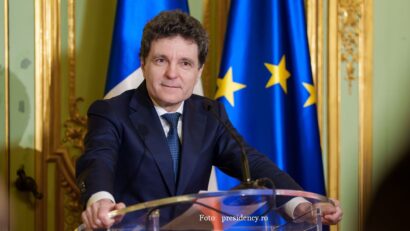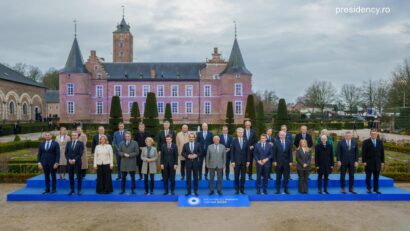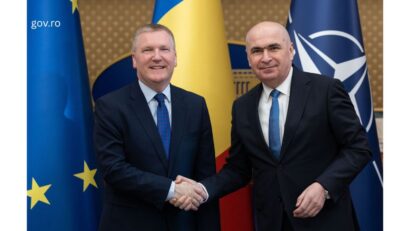Romania to boost its energy output
Romania could improve its energy production by the end of 2025

Ştefan Stoica, 17.11.2025, 13:50
A source of inflation and concern for most Romanian households, the high price of energy and how the Energy Ministry manages the problem have become the subject of a simple motion filed by the populist and ultra-nationalist opposition against the relevant minister, Bogdan Ivan. The signatories argue that the Ministry of Energy has failed at all levels of governance: planning, execution, research, sovereignty and consumer protection. As a result, Romania has reportedly reached one of the most underperforming situations at European level, namely having an unstable network with huge losses, explosive prices and a population brought to the brink of energy poverty, AUR claims.
Beyond the political noise, figures have emerged that give hope that things could be remedied in the energy market. By the end of 2025, Romania could have an installed capacity of approximately 2,200 Megawatts, after the commissioning of two power plants, and storage capacities of nearly 2,000 Megawatts, Energy Minister Bogdan Ivan said last week. A new mechanism is in the works that would lead to an energy price for household consumers as close as possible to 1.10 lei per KWh, approximately 20 Eurocents, to ease pressure on household users, the Romanian official said. The minister admitted that Romania has a very high energy price at regional level due to several contributing factors. Two of these are, according to Bogdan Ivan, the lack of interconnection on the Austria-Slovakia, Austria-Hungary route, to be able to import electricity at very good prices, for example, from France, produced by nuclear power plants, as well as the lack of national baseload electricity production capacities.
This is the context in which Romania opted in 2020 for the most aggressive decarbonization target in the entire European Union. Thus, approximately 7,000 Megawatts of gas and coal production capacity were taken out of production. Romania, Minister Ivan promises, will pursue all financing lines to invest directly in storage capacities, which will automatically help balance the energy system. Secondly, it will diversify the funding sources at its disposal from European funds, operational programs, from the Modernization Fund, for hydro and nuclear electricity production capacities and for integrated smart electrical networks. Bucharest has already applied for a funding mechanism at European Commission level through the Modernization Fund, and the Commission has greenlit the request. According to Minister Ivan, by 2032, Romania is expected to have a total baseload electricity capacity of approximately 12,000 Megawatts. (VP)






























